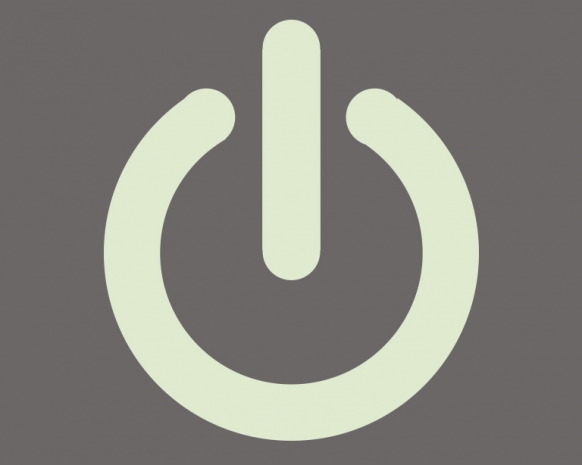
What Drives Relationships?
Over the years of talking to different people about relationship and marriage, I’ve noticed several common traits in people’s motivation to be in a relationship. I’m sure each one of us can relate to one of them thinking about our own relationships at some point in time. These common traits are: emotions (love, excitement, affection, care, connection, etc.); fear of loneliness; having a role or a status of a boyfriend or girlfriend (feeling of belonging); support of specific needs (accommodation, financial support, emotional support, etc.).
Let’s look at these four motivations for starting a relationship, all of them are legitimate and fair, and all of them have one fundamental thing in common: they start with self-deficiency. We are lacking happiness, we feel lonely or needy for attention and love, we are afraid to be ourselves and want to jump into a role of a boyfriend/girlfriend to be someone, and finally we just need to survive and want someone else to take care of us.
Then we start dating and we start sensing if the other person is giving in and allowing us to source what we are lacking. If this is the case, we consider it to be a successful relationship and progress with it. However if the other person becomes resistant to providing us with what we are looking for, we resent, depress, increase our efforts to get it, victimize ourselves or just leave blaming the other person for failing the relationship.
Then we start the next ‘treasure hunt’ with another person and most likely find ourselves in the same situation as before. We wonder why does the pattern repeat? Because the self-deficiency is still there and most likely we are looking for partners who can patch up our hole. However the other person is not responsible for doing this. The responsibility to fix ourselves first is on us. Only after we take care of our deficiency, we can relate to the other person on the basis of our shared goals and values instead of our unfulfilled needs.
The mechanism which keeps us revolving around our deficiencies putting us through the same life experiences is codependency. Not in the way we are used to think about it though. Codependency, as defined by Luca Bosurgi, is a healthy instinct which helps children get through their childhood, stay safe around their parents and learn from them, receive love, validation, acceptance and guidance and then become independent at the time of puberty. If the parents don’t give these important things to their child, he doesn’t learn how to love and lead himself and stay emotionally dependent on other people or circumstances (work, beauty, etc.) for receiving love, validation and leadership. This need creates self-deficiency which creates unfulfillment in relationships.
The way to break the chain of similar events and relationships is to move the source of love, validation and leadership from the external world to self: take responsibility for own life, take care of own needs and make your own happiness and fulfillment a priority. Because if we don’t care about ourselves, no one else will.
